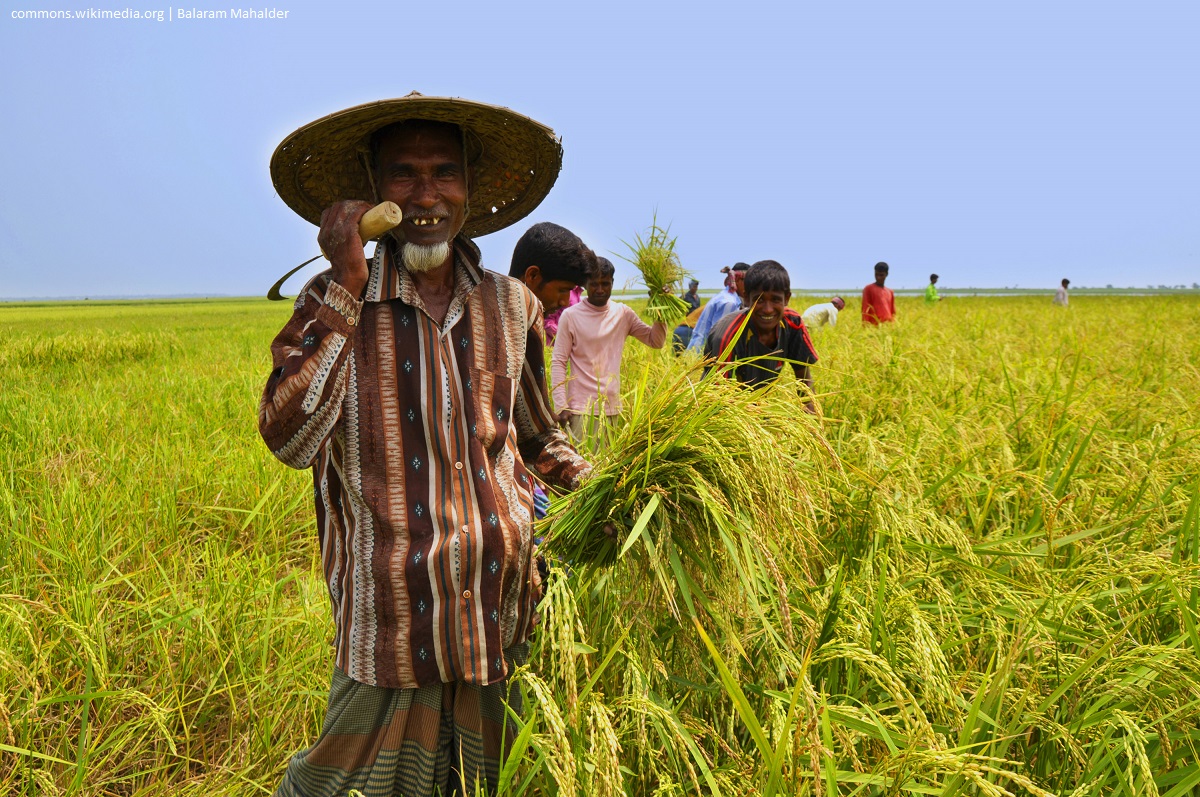Start Network’s David Jones discusses the fundamental needs for localisation within the sector.
I had a wonderful argument with a colleague of mine. I would usually say discussion, but it was heated for sure. This person is intelligent, passionate and selflessly ambitious, a truly powerful combination. Inconveniently for nearby colleagues, we stumbled across a topic that we both have a passion and ambition for, and yet a disappointment in. It was localisation and specifically, whether we, as the Start Network, can claim that we are ‘doing’ localisation. As much as we may argue it is a means as opposed to an end, and despite many great efforts within the Start Network, my view is that we don’t ‘do’ localisation. That’s not to be disparaging about our work, and our ambition. It is a challenge to the phrase and how I interpret it.
We become so eager to operationalise: to break down, refine and act, that we lose the overarching quality of the concept. We become so focused on the goal that we practice for the test, not for the sake of understanding. In localisation terms, I’m referring here to the 25% target. These defined goals are designed to set a collective direction in which to travel. The old proverb of “If you want to go quickly, go alone. If you want to go far, go together” may have some relevance, if sprinkled with a little abstraction. If you want to hit that target and fast, just focus on it alone. If you want to contribute to a more balanced and localised humanitarian system, you should consider numerous facets of localisation, together.
While participation is considered one such facet, in another light localisation is the new participation. It takes the principles of participation and, if done comprehensively, applies them throughout the system, rather than solely (but significantly) with affected populations.
The fundamental concept is familiar: power dynamics. Localisation seeks to challenge the distant centralisation of power. It is then a matter of opinion whether the ultimate goal is to make everything ‘local’ or to create a more balanced, distributed and mutualised system. The definition of power in of itself is a highly expansive topic, however history often reminds us of the difficulty in challenging centralised groupings of power. The powerful in this case, as naive as this may be, seem to have an earnest desire to challenge their own power, to see it better distributed. That said, there is a risk that using technocratic approaches to do so undermines localisation as a wider concept.
Let us seek learning from other incarnations of centralised and pervasive power. Take gender for example. Sexism and the patriarchy take many forms, operating in both explicit and implicit ways; some in seemingly ad hoc outbursts, others by underpinning structural biases and discrimination (and many more in between). It is such a universal distinction that it cannot be looked at simplistically. To begin to grasp its magnitude we have to recognise it everywhere, including where some of us have been taught and incentivised to be blind to it. It must be considered through a lens. And that is what I suggest for localisation. For us to begin to grasp our role in localisation, we have to create an automated and ubiquitous consideration of it.
Cynthia Enloe called for the greater application of a ‘feminist curiosity’, the asking of questions around visibility, influence, parity, and limitation. Similarly we, in this sector in particular, must also consider all things through a lens of localisation. We must begin to ask questions with - for want of a better word – a ‘localist' curiosity.
As a believer in the strength of a diverse and equitable humanitarian ecosystem, please don’t read this as short-hand for 'local is always best’ just yet. To be truly needs-driven we must think broader than that, even if you subscribe to that as the ultimate vision. Local and national NGOs and humanitarian actors are yet to have limiting structures and forces successfully challenged and removed. If and when they do, there should always be places and spaces for a plurality of actors. At least for the time being, to meet the breadth of humanitarian needs, that means INGOs too.
So how do you challenge such permeating structures, something that is influential everywhere and always? Well, you think about it everywhere, and always. You need to build processes and structures that challenge it, sure, and some headway is being made in both understanding and application (see links below). But you also need to look for localisation, to take a localist lens, and that needs to become automatic. So it appears that I am wrong again. Perhaps we can all ‘do’ localisation, by considering it in every funding proposal, design meeting, evaluation, and even conversation. We can begin to ‘do’ localisation by using a localist lens and rehearsing a localist curiosity until it becomes automatic and pervasive itself. And then we may start to see real change.
For those of you with the curiosity to explore further, please find some resources below:
Video: The Start Network's vision for localisation
Read about the Start Fund and localisation.

